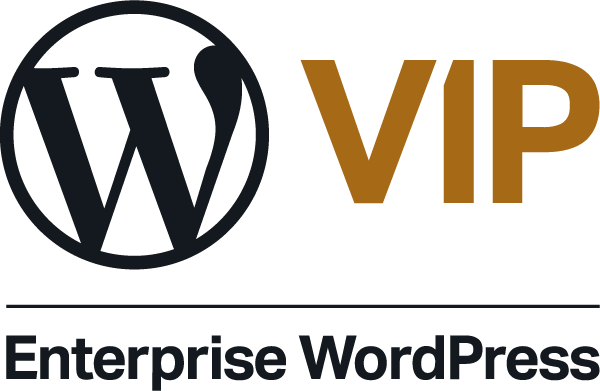How to eliminate the gender pay gap in civil and public services

Some countries require businesses to publicly report their gender pay gaps annually in a bid to put pressure on those that have a big gap to close and to help jobseekers decide which companies to work for. But what of the gender pay gap in civil and public services themselves?
Governments need to take action to address their own pay gaps if they are to demonstrate commitment to gender equality and lead by example.
But even in countries where women account for an almost equal number of senior positions in government departments, the pay gap remains – revealing a deeper story.
Register for this webinar and join expert panellists to find out:
- How governments can devise a strategy to reduce and eliminate the gender pay gap, measure progress over time & build in accountability mechanisms
- How to assess and alleviate factors that play into gender pay gaps – such as under-representation of women in higher roles and higher numbers of women working part-time to fulfil caregiving responsibilities at home
- The merits of creating a system-wide approach and strong collaboration between agencies, employees and unions to drive success
Panel
Lucille Thirlby, Assistant General Secretary, FDA

Lucille is a senior leader in trade union movement for 20 years. Previously worked for UNISON moving through the organisation in a range of roles.
Lucille moved to work the FDA in 2018. Here she leads and manages a team of national officers, head of learning and organising and head of communications. She has strategic responsibility for equality, diversity and inclusion, senior salaries review body evidence, Pensions and CS compensation scheme, learning and organising and communications.
She has in depth experience of public sector pay, job evaluation and pay and grading development and processes. She was Assistant Joint Secretary to the Local Government NJC for over 10 years and was the pay lead for FDA within the CS for 5 years .
Lucille has a strong commitment to equalities and seeks to deliver change to people’s experiences in the workplace.
Renée Roussel, Director General, Federal Programs – Labour Program, Employment and Social Development Canada

Renee Roussel is currently the Director General, Federal Programs within Employment and Social Development Canada (ESDC) – Labour Program. She is responsible for Workplace Equity in the Federal Private Sector and Federal Workers Compensation Services in the Federal Public Service. She has been a public servant for over 25 years and has worked for organizations such as the Royal Canadian Mounted Police, Parks Canada Agency, Department of National Defence and most recently ESDC – Labour Program. Renee completed her Masters in Business Administration from the University of Fredericton. Renee has a wonderful husband, two grown children and spends her spare time reading, running, biking and enjoying camping with her family.
Kadie Philp, Commissioner & Chief Administrative Officer (CAO), Pay Equity Commission of Ontario, Canada

Before joining the Pay Equity Commission in 2020, Commissioner Philp worked to increase women’s participation in international trade, and the labour market. Her expertise has taken her around the world working with legislators to establish programs and legislation that support women-led enterprises. She is a Queens’s Diamond Jubilee Medalist, recognized for her work contributing to significant economic improvement in various Canadian cities. Most recently, Commissioner Philp’s “Level the Paying Field” video and podcast series exploring issues related to economics, equity, women, work and money was awarded a Gold Quill Award of Merit for excellence in government communications. Commissioner Philp firmly believes that equity and inclusion are the foundation for sustainable economic prosperity.
Webinar chair: Siobhan Benita, Facilitator, Global Government Forum

Siobhan Benita was a senior civil servant with over 15 years’ Whitehall experience. She worked in many of the major delivery departments, including Transport, Environment, Health and Local Government. She also had senior roles at the heart of Government in the Cabinet Office and HM Treasury, including supporting the then Cabinet Secretary, Lord O’Donnell to lead work on Civil Service reform and strategy. Siobhan left the Civil Service to run as an independent candidate in the Mayor of London election. She subsequently joined her alma mater, Warwick University as Chief Strategy Officer of Warwick in London and Co-Director of the Warwick Policy Lab.













